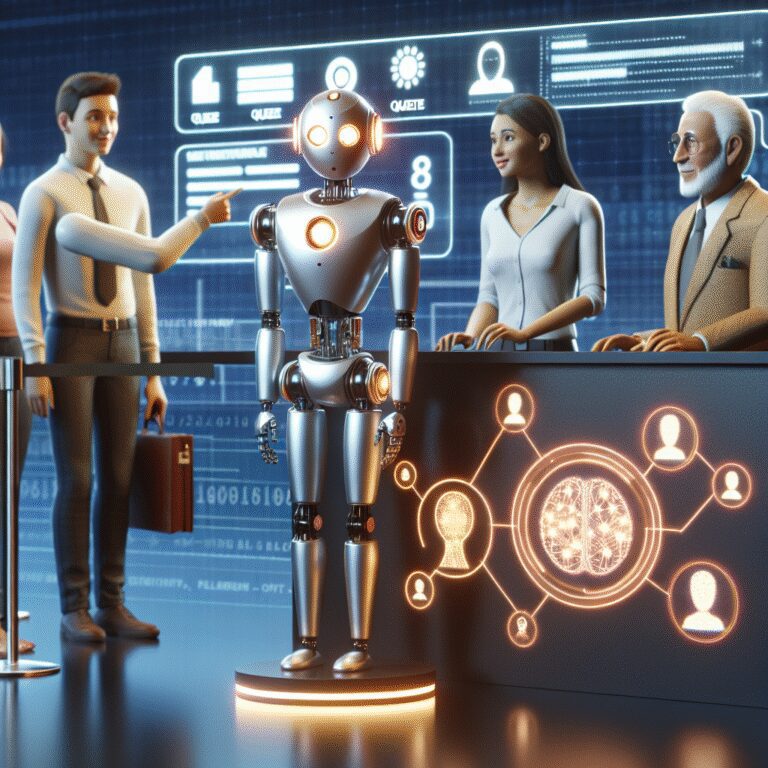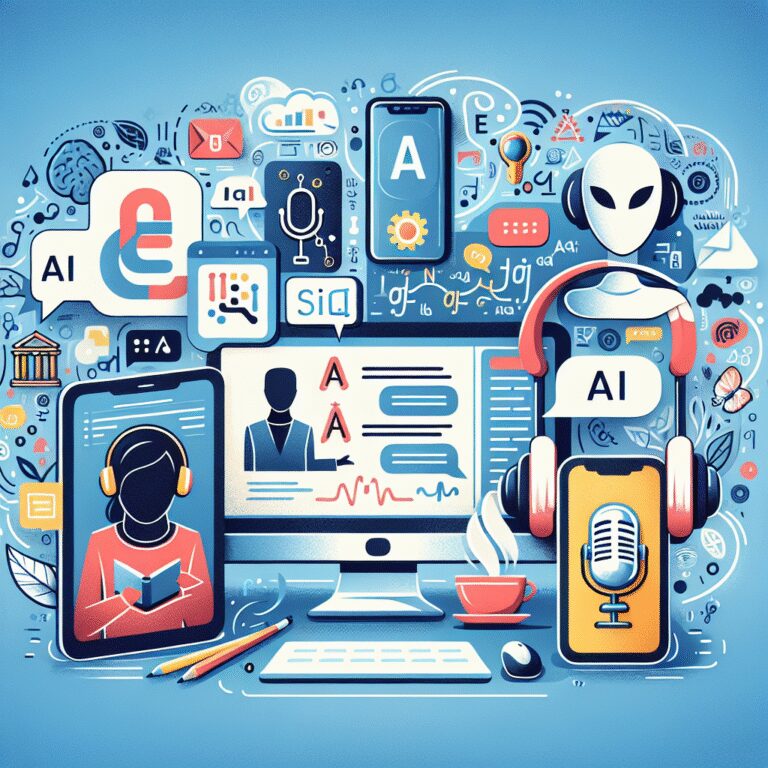AI in Education: What’s Coming in 2025
AI in Education: 5 Game-Changing Trends Coming in 2025
Artificial intelligence is no longer just a buzzword — it’s already reshaping how we learn, teach, and interact with educational systems. As we step into 2025, AI is poised to revolutionize the education landscape in unprecedented ways. From personalized learning to fully immersive virtual classrooms, here are the five major trends to watch as AI transforms the classroom of the future.
1. Hyper-Personalized Learning Experiences
One-size-fits-all education is becoming a thing of the past. In 2025, AI systems will be capable of analyzing each student’s learning habits, strengths, and struggles in real-time. This data allows the system to tailor lesson plans, adjust difficulty levels, and recommend content that fits individual needs. Students will learn at their own pace, ensuring deeper understanding and retention.
Platforms like Khan Academy and Coursera are already integrating AI-based recommendations. Expect these systems to become significantly more advanced, intuitive, and student-centric by 2025.
2. Smart Classrooms with AI Integration
Imagine classrooms that respond to student engagement. Smart sensors and AI-driven platforms will track attention spans, facial expressions, and participation. Teachers will receive live feedback on which students need more attention, who’s falling behind, and which content is working best.
With tools like interactive whiteboards, automated attendance, and even voice recognition-powered discussions, smart classrooms will become standard, not science fiction. Schools investing in AI now are setting the pace for the future.
3. AI Tutors and Virtual Teaching Assistants
Need help with a math problem at 10 PM? No worries. AI tutors will be available 24/7 to guide students through tough concepts, explain lessons in different ways, and answer questions instantly. These assistants are evolving fast — from simple chatbot helpers to intelligent companions that adapt and grow with the learner.
Some institutions are piloting AI teaching assistants that can even grade papers, provide feedback, and conduct assessments. This will reduce teachers’ workload and help scale quality education.
4. Data-Driven Educator Support
Teachers won’t be replaced — they’ll be empowered. AI will offer educators real-time insights into student performance, helping them make faster and more accurate decisions. Tools will highlight who needs help, which teaching methods are most effective, and how to adjust strategies on the fly.
This partnership between AI and educators will lead to smarter classrooms, happier students, and more effective teaching.
5. Global Access to Quality Education
Perhaps the most exciting prospect: AI can democratize education. With cloud-based platforms and intelligent language translation tools, students in remote areas will access the same quality of education as those in top-tier institutions. Imagine a classroom that’s borderless — where a student in Cairo can attend the same AI-led lesson as a student in Amsterdam.
Translation tools like TranslatePress and real-time voice interpretation powered by AI will make this future possible. It’s inclusive, scalable, and life-changing.
The Ethical Balance
With great power comes great responsibility. The rise of AI in education also raises important questions about privacy, data usage, and over-reliance on machines. In 2025, institutions must balance technological innovation with transparency and human-centered ethics.
It’s essential to ensure that AI tools respect student privacy, avoid bias, and remain tools — not replacements — for human connection and mentorship.
Why This Matters for Entrepreneurs and Innovators
If you’re in tech, education, or entrepreneurship, now is the time to get involved. EdTech startups leveraging AI are booming, and the demand for solutions that enhance learning outcomes is only growing. Whether you’re building apps, creating content, or designing learning platforms, the AI education revolution is full of opportunity.
Final Thoughts
By 2025, AI will be at the core of education systems around the world. It will personalize learning, empower teachers, and break barriers of geography and access. But the human touch will always matter — and the best future is one where AI supports, not replaces, the people at the heart of education.
Stay ahead of the curve. Want to learn more about how AI intersects with language, business, and daily life? Join our WhatsApp community and follow us on TikTok for fresh insights.








